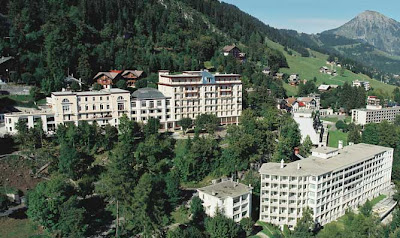
1;Plan
Management starts with planning. Good management starts with good planning. And proper prior planning prevents… well, you know the rest of that one.
Without a plan you will never succeed. If you happen to make it to the goal, it will have been by luck or chance and is not repeatable. You may make it as a flash-in-the-pan, an overnight sensation, but you will never have the track record of accomplishments of which success is made.
Figure out what your goal is (or listen when your boss tells you). Then figure out the best way to get there. What resources do you have? What can you get? Compare strengths and weaknesses of individuals and other resources. Will putting four workers on a task that takes 14 hours cost less than renting a machine that can do the same task with one worker in 6 hours? If you change the first shift from an 8 AM start to a 10 AM start, can they handle the early evening rush so you don't have to hire an extra person for the second shift?
Look at all the probable scenarios. Plan for them. Figure out the worst possible scenario and plan for that too. Evaluate your different plans and develop what, in your best judgement, will work the best and what you will do if it doesn't.
2:Organize
Now that you have a plan, you have to make it happen. Is everything ready ahead of your group so the right stuff will get to your group at the right time? Is your group prepared to do its part of the plan? Is the downstream organization ready for what your group will deliver and when it will arrive?
Are the workers trained? Are they motivated? Do they have the equipment they need? Are there spare parts available for the equipment? Has purchasing ordered the material? Is it the right stuff? Will it get here on the appropriate schedule?
Do the legwork to make sure everything needed to execute the plan is ready to go, or will be when it is needed. Check back to make sure that everyone understands their role and the importance of their role to the overall success.
3:Direct
Now flip the "ON" switch. Tell people what they need to do. I like to think of this part like conducting an orchestra. Everyone in the orchestra has the music in front of them. They know which section is playing which piece and when. They know when to come in, what to play, and when to stop again. The conductor cues each section to make the music happen. That's your job here. You've given all your musicians (workers) the sheet music (the plan). You have the right number of musicians (workers) in each section (department), and you've arranged the sections on stage so the music will sound best (you have organized the work). Now you need only to tap the podium lightly with your baton to get their attention and give the downbeat.
4:Monitor
Now that you have everything moving, you have to keep an eye on things. Make sure everything is going according to the plan. When it isn't going according to plan, you need to step in and adjust the plan, just as the orchestra conductor will adjust the tempo.
Problems will come up. Someone will get sick. A part won't be delivered on time. A key customer will go bankrupt. That is why you developed a contingency plan in the first place. You, as the manager, have to be always aware of what's going on so you can make the adjustments required.
This is an iterative process. When something is out of sync, you need to Plan a fix, Organize the resources to make it work, Direct the people who will make it happen, and continue to Monitor the effect of the change.
.jpg)





.jpg)








